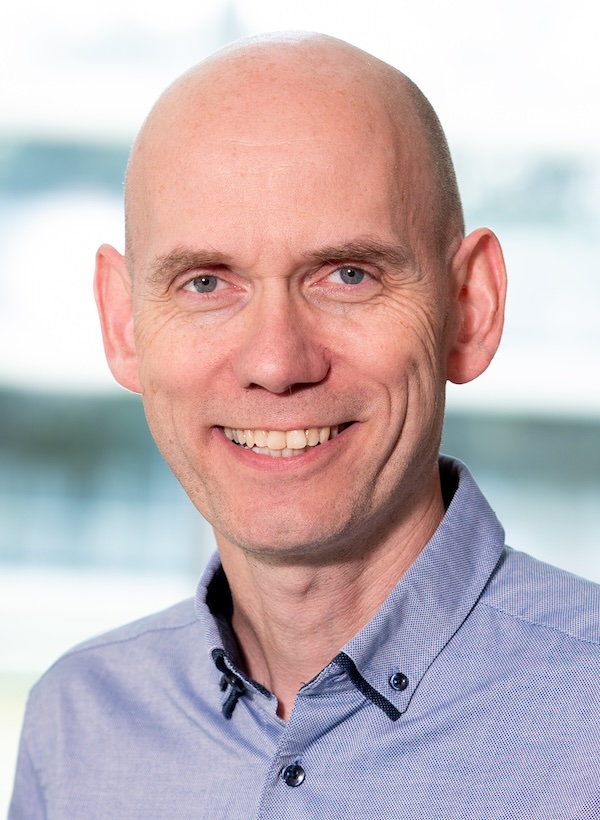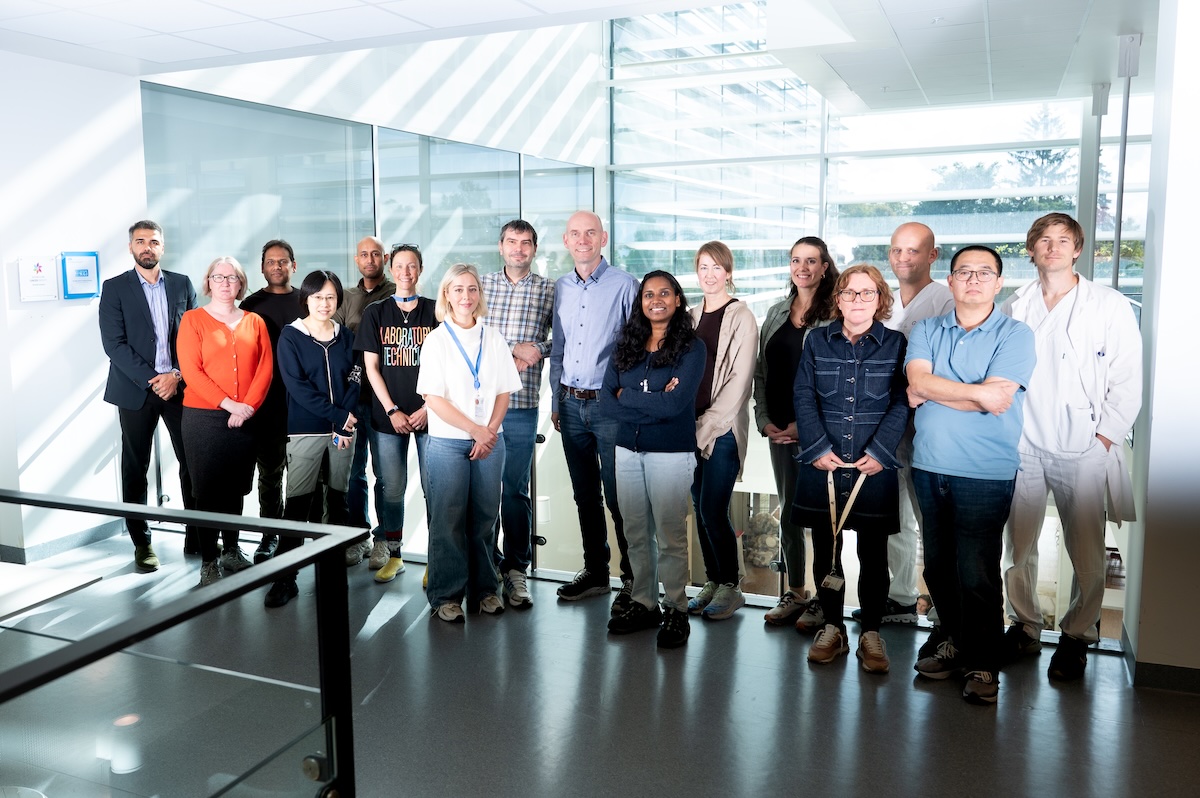Immunotherapy Against Solid Cancers

Group leader
Immunotherapy has emerged as a highly potent novel approach to cancer treatment. Our group aims to develop improved cancer treatment based on two particularly promising immunotherapy strategies:
- Development of tumor-targeting chimeric antigen receptors (CARs) for T cell therapy
- Development of optimized regimens for combining immunological checkpoint inhibitors with established cancer treatment (immunogenic chemotherapy, radiotherapy)
We aim to bring CAR T cell therapy to solid cancers. To achieve this, we target unexplored tumor antigens and develop novel concepts for harnessing CAR T cells and countering tumor tolerance. In the CAR projects, we make use of both permanently reprogrammed T cells and transient retargeting with mRNA-based, biodegradable receptors.

